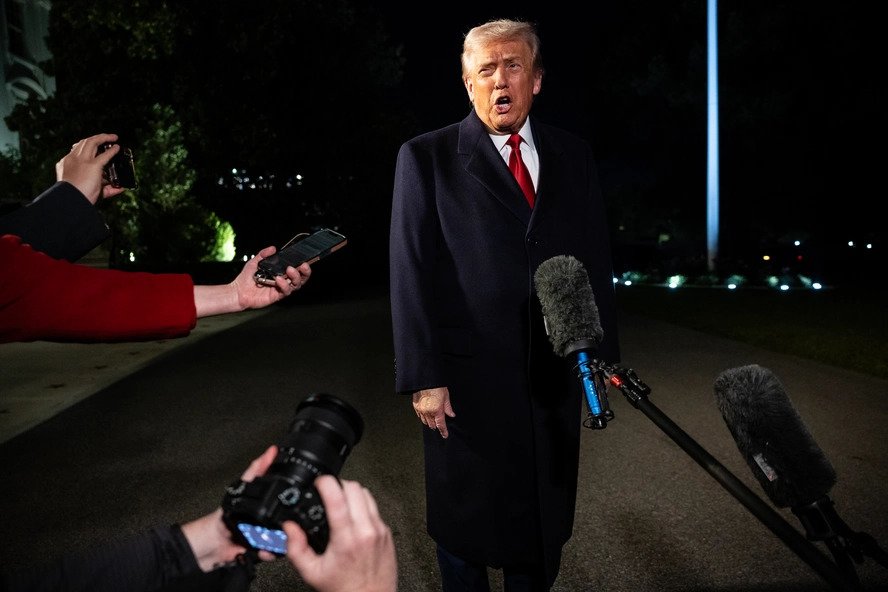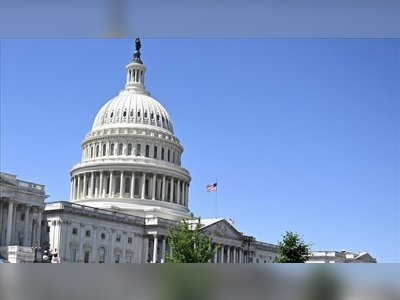
White House Readies Two-Year Extension of ACA Subsidies with New Eligibility Caps
The Trump administration plans a short-term lifeline for Affordable Care Act premium tax credits, paired with conservative reforms to eligibility and enrollee contributions
The White House is preparing to propose a two-year extension of the premium tax credits under the Affordable Care Act that are due to expire at year-end, while simultaneously placing new limits on access and adding minimum premium payments for enrollees.
Administration officials say the package aims to ease the impending spike in insurance costs for marketplaces, yet align with conservative priorities on eligibility and individual responsibility.
Under the forthcoming framework, individuals earning up to about seven hundred percent of the federal poverty line would continue to qualify for subsidies—adding a cap that did not exist under the previous enhanced regime.
Enrollees would also be required to pay a baseline premium contribution to address concerns about plans being perceived as “free” to some participants.
The proposal would additionally offer the option to channel part of the subsidy into tax-advantaged savings accounts for individuals who opt for lower-cost plans.
President Donald Trump is expected to announce the initiative shortly.
Democratic lawmakers have pushed for a longer-term extension without additional restrictions, while many House Republicans remain split: hard-liners favour allowing the subsidies to expire, whereas moderates are pressing to act before premium spikes hit voters.
The timing of the plan reflects rising urgency.
Analysts warn that if the subsidies expire, premiums for many marketplace enrollees could more than double, and enrolment could drop by millions.
Congressional budget-office data suggest delay could result in steep cost increases and coverage losses.
The White House hopes the short-term approach will bridge the gap while enabling broader reforms to the marketplace.
Administration officials emphasise that this is not a permanent fix but a transition strategy that gives Congress time to adopt a successor system.
Critics argue the income caps and premium minimums could reduce access for middle-income families, yet supporters say the changes promote sustainability and fiscal discipline.
The House and Senate are expected to begin floor votes in December, and the proposal must be attached to appropriation or must-pass legislation to gain traction.
The health-care framework marks a significant shift for the administration, which has until now largely avoided detailed public engagement on ACA subsidies.
By injecting presidential leadership into the policy process, Trump aligns himself with efforts to stabilise markets and protect enrollees ahead of next year’s mid-term elections.
Administration officials say the package aims to ease the impending spike in insurance costs for marketplaces, yet align with conservative priorities on eligibility and individual responsibility.
Under the forthcoming framework, individuals earning up to about seven hundred percent of the federal poverty line would continue to qualify for subsidies—adding a cap that did not exist under the previous enhanced regime.
Enrollees would also be required to pay a baseline premium contribution to address concerns about plans being perceived as “free” to some participants.
The proposal would additionally offer the option to channel part of the subsidy into tax-advantaged savings accounts for individuals who opt for lower-cost plans.
President Donald Trump is expected to announce the initiative shortly.
Democratic lawmakers have pushed for a longer-term extension without additional restrictions, while many House Republicans remain split: hard-liners favour allowing the subsidies to expire, whereas moderates are pressing to act before premium spikes hit voters.
The timing of the plan reflects rising urgency.
Analysts warn that if the subsidies expire, premiums for many marketplace enrollees could more than double, and enrolment could drop by millions.
Congressional budget-office data suggest delay could result in steep cost increases and coverage losses.
The White House hopes the short-term approach will bridge the gap while enabling broader reforms to the marketplace.
Administration officials emphasise that this is not a permanent fix but a transition strategy that gives Congress time to adopt a successor system.
Critics argue the income caps and premium minimums could reduce access for middle-income families, yet supporters say the changes promote sustainability and fiscal discipline.
The House and Senate are expected to begin floor votes in December, and the proposal must be attached to appropriation or must-pass legislation to gain traction.
The health-care framework marks a significant shift for the administration, which has until now largely avoided detailed public engagement on ACA subsidies.
By injecting presidential leadership into the policy process, Trump aligns himself with efforts to stabilise markets and protect enrollees ahead of next year’s mid-term elections.











